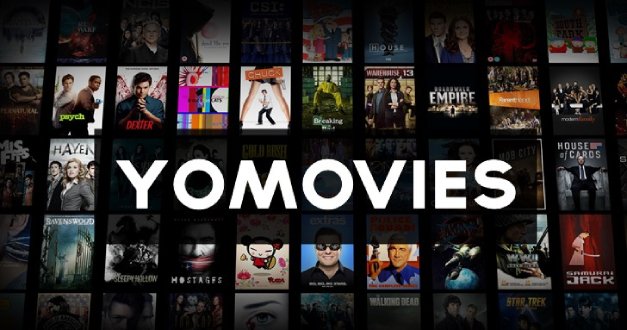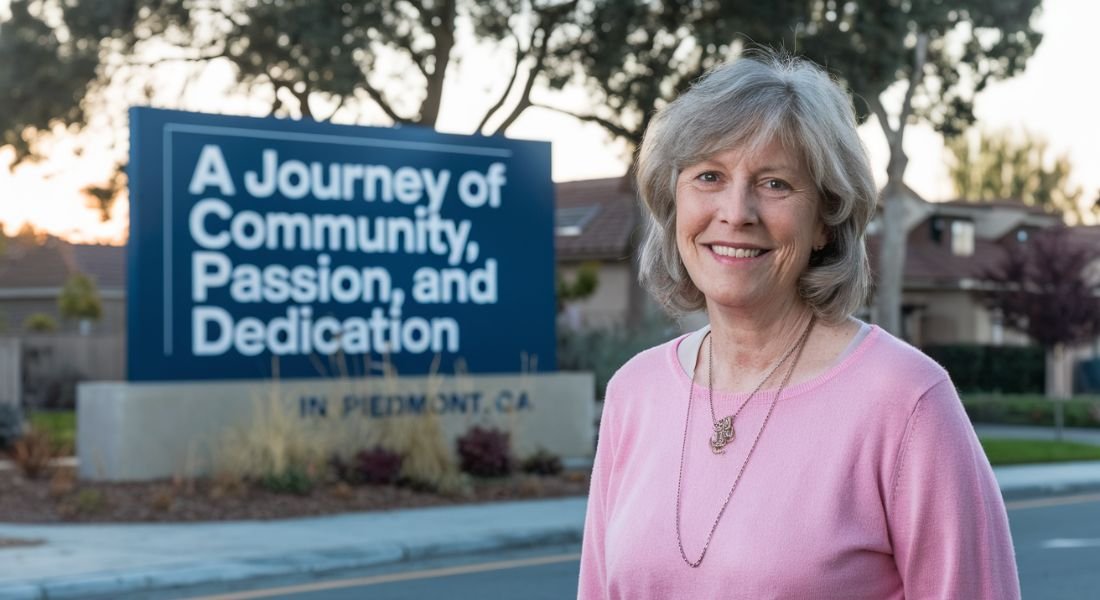The Jury Factor: How Cannes Jurors Influence Palme d’Or Selections
The Cannes Jury Film Festival, one of the most prestigious and influential film festivals in the world, is synonymous with its top honor, the Palme d’Or. This accolade has the power to propel films and filmmakers into global recognition, shaping careers and the film industry at large. However, the selection of the Palme d’Or winner is not solely about the films themselves; it is heavily influenced by the individuals who make up the festival’s jury. These jurors, with their diverse backgrounds, tastes, and personal agendas, play a crucial role in determining which films rise to the top.
The Composition of the Cannes Jury
Each year, the Cannes jury is composed of a select group of industry professionals, including directors, actors, producers, and writers. The jury president, often a filmmaker of significant renown, leads the group. The composition of the jury is carefully curated to reflect a balance of international perspectives, ensuring that the selection process is not dominated by any single cultural or industry bias. However, this diversity also introduces a complex interplay of tastes, preferences, and sometimes even conflicts of interest.
Jurors bring with them a rich tapestry of experiences and viewpoints, which inevitably color their perceptions of the films they judge. A director known for their avant-garde style may favor more experimental films, while an actor with a background in mainstream cinema might lean towards more accessible narratives. These individual biases are compounded by the dynamics within the jury itself, where discussions and debates shape the final decision. The power dynamics, persuasive abilities, and reputations of the jurors can all influence which films receive the highest honors.
The Impact of Personal Taste and Agendas
While the Cannes jury is expected to be impartial, the reality is that personal taste and professional agendas often seep into the decision-making process. Jurors may have personal connections to certain filmmakers, or they may be influenced by the broader industry trends and political climates. For instance, a juror who is an advocate for social justice might prioritize films with strong political messages, while another who is deeply embedded in the commercial sector might push for a film with greater box-office potential.
These personal agendas can sometimes lead to contentious deliberations within the jury. It is not uncommon for jury members to have heated debates over the merits of different films, with some jurors using their influence to sway others towards their preferred choices. This can result in a Palme d’Or winner that reflects not just the consensus of the jury but also the dominant voices within it.
Alleged Conflicts of Interest: The 2019 Palme d’Or Controversy
An example of how the composition of the jury can impact the selection process is the controversy surrounding the 2019 Cannes Palme d’Or for the short film “The Distance Between Us and the Sky” by Vasilis Kekatos. Allegations surfaced suggesting that the film’s producer, Eleni Kossyfidou, had a long-standing professional relationship with one of the jury members, Panos H. Koutras. It was alleged that this relationship influenced the jury’s decision, raising questions about the transparency and fairness of the selection process.
This incident highlights the potential for conflicts of interest within the jury, especially when personal or professional connections are not disclosed. While such allegations are difficult to prove, they cast a shadow over the integrity of the Cannes selection process, suggesting that the Palme d’Or might sometimes be awarded based on factors beyond the film’s artistic merit.
The Influence of Jury Presidents
The role of the jury president is particularly significant in shaping the Palme d’Or selection. As the leader of the jury, the president often sets the tone for the discussions and can steer the deliberations in a particular direction. A strong-willed president with a clear vision can have a profound impact on the outcome, sometimes overriding the opinions of other jurors.
Historically, some jury presidents have been known for their decisive influence. For example, when Quentin Tarantino served as jury president in 2004, his penchant for genre films was evident in the selection of the Palme d’Or winner, “Fahrenheit 9/11,” a politically charged documentary by Michael Moore. Similarly, Pedro Almodóvar’s presidency in 2017 was marked by a preference for auteur-driven cinema, which was reflected in the jury’s choices.
The Broader Implications of Jury Influence
The influence of the Cannes jury extends beyond the immediate selection of the Palme d’Or winner. The jury’s choices can signal broader trends in the film industry, shaping the kinds of films that receive attention and funding in the years that follow. A Palme d’Or win can elevate a filmmaker’s career, leading to increased opportunities and greater creative freedom. Conversely, a controversial selection can spark debates about the direction of the film industry and the values that are being promoted.
In this sense, the Cannes jury wields considerable power, not just in recognizing the best in cinema but in shaping the future of the art form. The composition of the jury, with its mix of backgrounds, tastes, and agendas, is therefore a critical factor in determining which films are celebrated and which are overlooked.
Conclusion
The selection of the Palme d’Or at the Cannes Film Festival is a complex process, heavily influenced by the composition of the jury. The backgrounds, tastes, and agendas of the jurors play a significant role in shaping the outcome, sometimes leading to controversial decisions that reflect personal biases or alleged conflicts of interest. As such, the Cannes jury is not just a passive evaluator of films but an active participant in shaping the future of cinema. Understanding this dynamic is crucial for appreciating the true significance of the Palme d’Or and the broader impact of the Cannes Film Festival on the global film industry.






















Leave a Reply